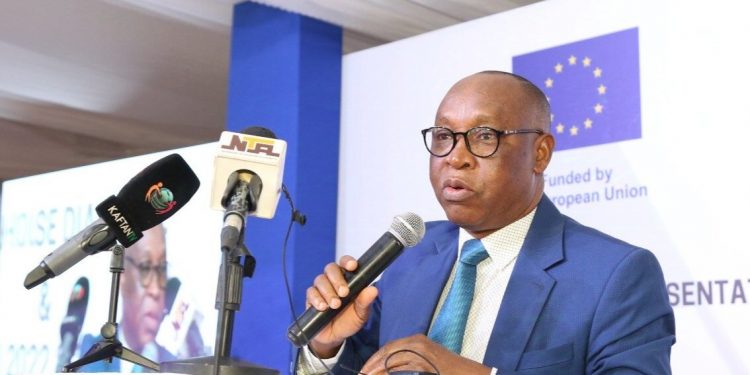The Nigerian Extractive Industries Transparency Initiative (NEITI) has announced that Nigeria’s solid minerals sector has contributed N1.137 trillion to federal, state, and local governments over a 16-year period, spanning from 2007 to 2023. This milestone was disclosed during NEITI’s presentation of its 2023 Solid Minerals Audit Report in Abuja, marking the sector’s 16th audit cycle.
NEITI’s Executive Secretary, who presented the report, underscored the audit’s significance in tracking the sector’s economic impact on national revenue. The report highlights sustained growth in the solid minerals industry, underscoring areas for policy reform to boost Nigeria’s economic diversification.
“This report is pivotal in understanding the economic footprint of Nigeria’s solid minerals sector. From N7.59 billion in 2007, the sector has shown a remarkable 44-fold revenue increase, reaching N341.27 billion in 2022,” noted NEITI’s Executive Secretary.
Conducted by Haruna Yahaya and Co., the audit provides insights into revenue flows, economic contributions, and export trends in the sector. The report reveals a steady increase in government receipts, now exceeding ₦1 trillion in cumulative contributions. In 2022 alone, the sector generated N345.41 billion, with a reconciled revenue of N329.92 billion, reflecting its role as a key economic driver.
The report also showed that in 2023, government revenue from company payments—including reconciled and unilaterally disclosed figures—reached N401.87 billion. Key revenue streams included VAT (N128.32 billion), taxes collected by the Federal Inland Revenue Service (N370.09 billion), Education Tax (38.64%), Company Income Tax (10.64%), and royalties totaling N9.06 billion.
Production and export data showed that Nigeria produced 95.07 million tonnes of minerals in 2023, of which 4.32 million metric tonnes were exported, valued at N117.29 billion. Ogun, Kogi, and Rivers emerged as top mineral-producing states, while Osun, Ogun, and Kogi contributed significantly to sector revenue.
NEITI emphasized its commitment to transparency, highlighting its reconciliation process, which resolved discrepancies in company payments from ₦301.6 billion down to ₦100 million. “The reconciliation down from ₦301.6 billion to ₦100 million reflects NEITI’s dedication to promoting transparency and accountability in the solid minerals sector,” the report stated.
On Gross Domestic Product (GDP) contribution, the solid minerals sector accounted for 0.83% of Nigeria’s GDP in 2022, slightly decreasing to 0.75% in 2023. NEITI indicated that, although modest, this sector has untapped potential essential to Nigeria’s economic diversification goals.
“The solid minerals sector holds untapped potential that, with effective policies, could play a pivotal role in Nigeria’s economic diversification,” NEITI highlighted. The report calls for policy reforms to harness the sector’s full potential, aiming to drive more significant contributions to the Nigerian economy.










